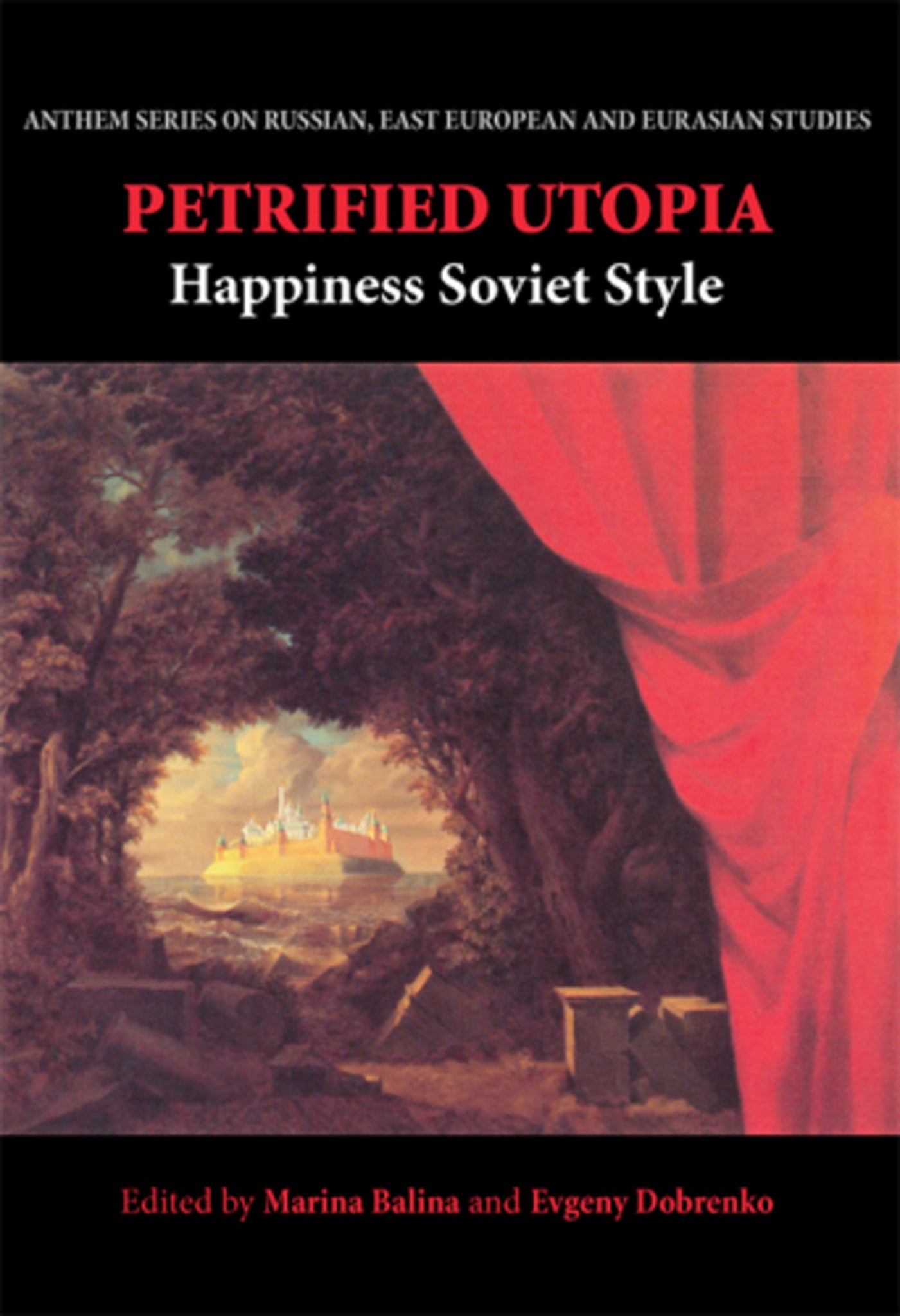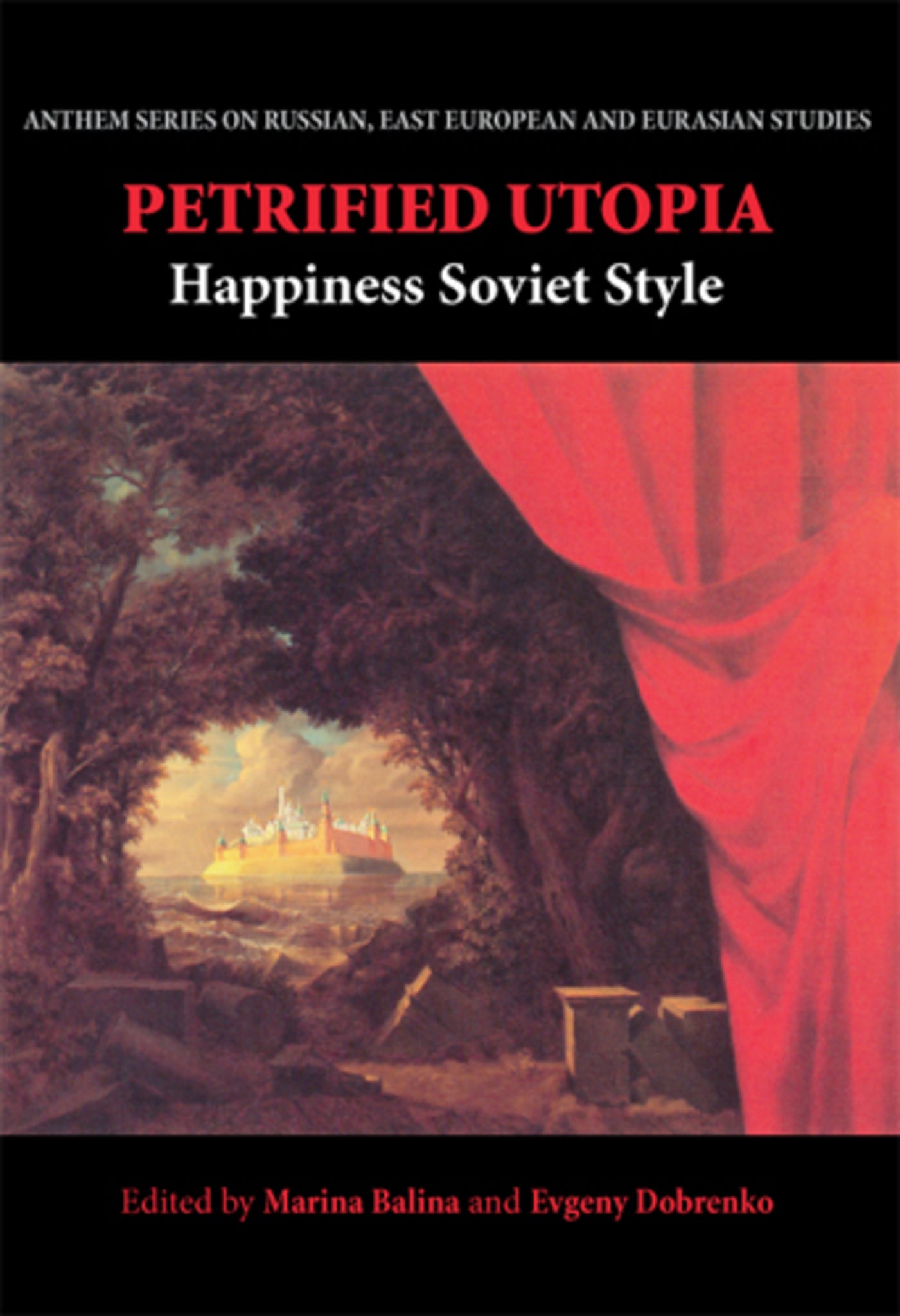We're sorry. An error has occurred
Please cancel or retry.
Petrified Utopia

Some error occured while loading the Quick View. Please close the Quick View and try reloading the page.
Couldn't load pickup availability
- Format:
-
01 July 2009

Taken together, these essays redefine the preconceived notion of Soviet happiness as the product of official ideology imposed from above and expressed predominantly through collective experience, and provide evidence that the formation of the concept of individual happiness was not contained by the limitations of important state projects, controlled by state policies and aimed toward the creation of a new society.

HISTORY / Russia / General, Social and cultural history, HISTORY / Social History

‘This volume is an invaluable collection of excellent scholarship […] the chapters yield stunning insights into discursive claims of Soviet public and private happiness in circumstances least amenable to its flourishing: amidst poverty and homelessness, domestic shortages, postwar devastation, and routinized, mandatory celebration. The research usefully problematizes the inextricability of state celebration from private joy, labor from happiness, staged gaiety from unexpected contentment. The chapters are richly supported by thirty-six illustrations.’ —Nancy Condee, University of Pittsburgh, in ‘Slavic Review’
Part One: Utopics: A Joyful Soviet Childhood: Happiness for Little Ones; Utopian Naturalism: The Epic Poem of Kolkhoz Happiness; Luxuriating in Lack; Plentitude and Consuming in Soviet Paintings and Posters, 1920-1953; Tasty and Healthy; Soviet Happiness in One Book; Part Two: Realities; ‘It’s Grand to Be an Orphan!’ Crafting Happy Citizens in Soviet Children’s Literature of the 1920s; Sew Yourself Soviet: The Pleasures of Textile in the Machine Age; Happy Housewarming: Moving Into Kruschev-Era Apartments; ‘When We Were Happy’: Remembering Soviet Holidays; Part Three: Locations; The ‘New Moscow’ and the New ‘Happiness’: Architecture as a Nodal Point in the Stalinist System of Value; Andrei Platonov’s Happy Moscow: Tolstoi, Stalin and the Soviet Self; ‘But Where Is Your Happiness, Alevtina Ivanovna?: New Debates About Happiness in the Soviet Films of 1956; Easy on the Heart, or ‘Strength Through Joy’



